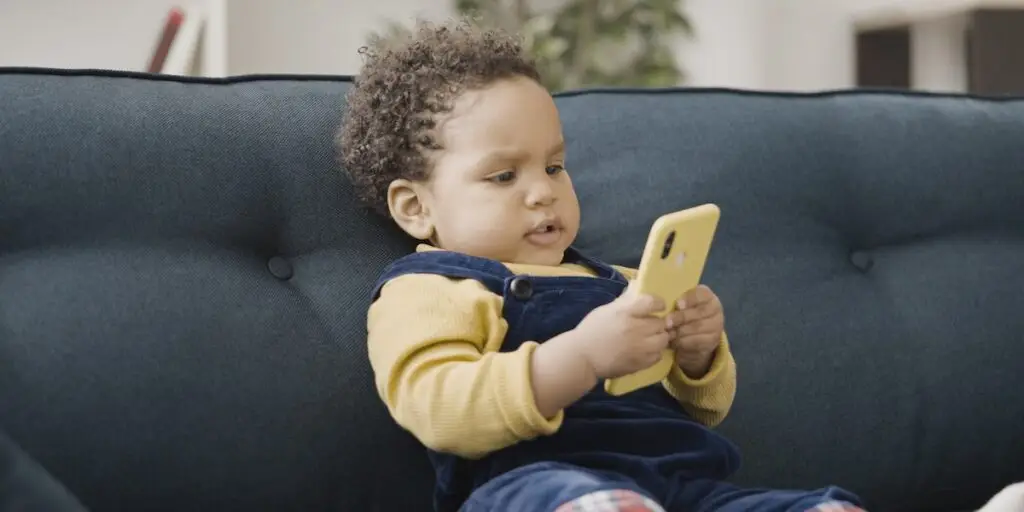The following is excerpted from an online article posted by HealthDay
Exposing babies and toddlers to TV and other digital media could be linked to a heightened risk for dysfunction in what’s known as “sensory processing,” a new study warns.
Kids with “atypical sensory processing” are often hypersensitive to the touch, sound, taste, or look of stimuli in their environment.
For example, kids might try to avoid the feel of certain clothing, the taste of certain foods, or necessary activities like getting their hair washed.
Conversely, they might seek out sensations — twirling in place, staring at bright lights or ceiling fans — to the neglect of other activities.
Sensory processing issues are highly correlated with other psychiatric conditions, such as attention-deficit hyperactivity disorder (ADHD) or autism. About 60% of kids with ADHD have issues with sensory processing, as do about 70% of kids with autism, said researchers at Drexel University in West Reading, Pa.
They looked at data on nearly 1,500 young children tracked from 2011 to 2023. According to the study, those who’d been exposed to TVs and DVDs in the first three years of life were much more likely to have symptoms of atypical sensory processing compared with those whose parents delayed such exposures.
The study could not prove cause-and-effect. However, the Drexel team theorizes that kids’ screen time could reduce “meaningful play and social interactions, which may have significant implications for the development of typical sensory processing and overall level of daily function.”
The study was led by Dr. Karen Heffler, an associate professor or psychiatry at Drexel, and was published Jan. 8 in the journal JAMA Pediatrics.
Source: HealthDay
https://www.healthday.com/health-news/child-health/too-much-screen-time-might-harm-kids-sensory-processing
Find more culture news on HomeWord’s Culture Blog, named in 2023 for the eighth consecutive year as one of the top 50 culture blogs on the planet!




